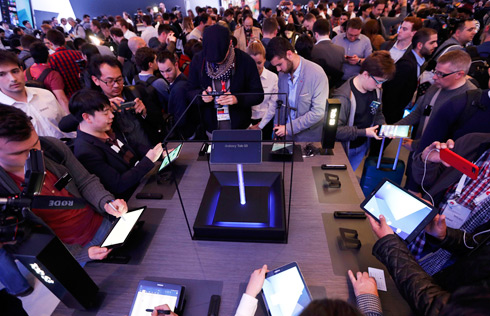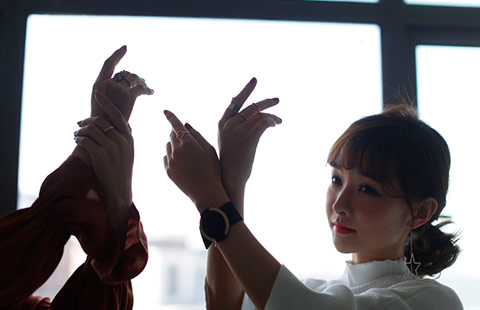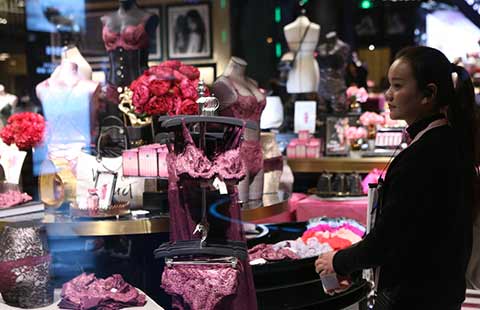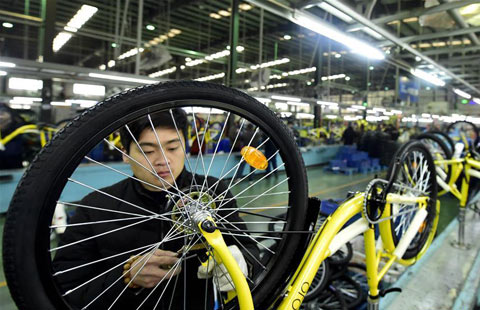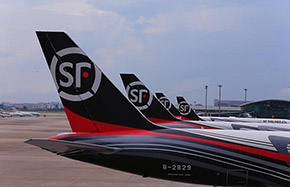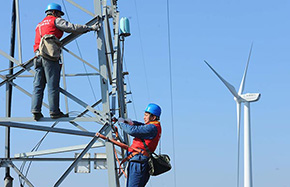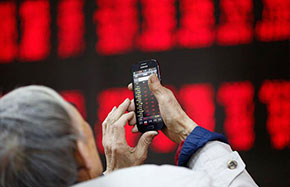Online retailers hope to challenge industry trend
By Wang Wen (China Daily) Updated: 2013-04-12 09:50"E-commerce is a trend in every industry and luxury brands, which do well in the area, and always keep in step with the trends," said Rupert Hoogewerf, who released Tycoons of Luxury 2013 on March 6. He said that Chinese consumers accounted for 20 percent of global luxury goods purchases.
On the other side, luxury brands are also building up their own online distribution channels.
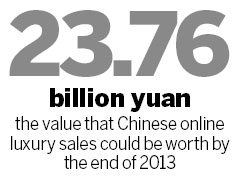
Hugo Boss AG, the luxury company based in Germany, launched its official Chinese online store on Feb 27.
Gucci is also preparing its online store in China, although it remains unclear when it will actually open, said a staff member from Gucci China Trading Ltd's marketing and communication department, who wished to remain anonymous.
Gucci already runs online stores in 27 countries and regions worldwide, and its revenue from e-commerce sees double-digit growth annually, according to its annual report.
It used to be very difficult for online retailers to cooperate directly with luxury brands, because the brands were worried that online retailers' low price strategy could undermine the brands' pricing system.
Some brands even fought against the retailers then.
Swarovski (Shanghai) Trading Co Ltd, for example, accused 360buy.com, a major online retailer, of selling its products without its permission in March 2012.
As the brands' attitude is changing, online luxury retailers can expect to attract more suppliers.
In addition, online luxury retailers have not been greatly affected by the government's policy to forbid public spending on luxury items, which was launched at the end of 2012.
- Online retailer launches fruit business
- China's online sales surge in 2012
- When an online-shop owner dies...
- Student creates online business by selling goods from Taobao
- Sina Corp to launch online payment service
- Microsoft launches online store on Tmall
- Founder now first broker to launch online sales channel
- Online shoppers' rights 'must be protected'
- JD Finance speeds up privatization, eyes A-share market
- Chinese firms bank on Dubai as a Mideast hub amid rising demand
- China's Belt and Road Initiative to boost maritime ports development: UAE official
- All eyes on China's growth target as 'two sessions' near
- China's financial regulators keep lid on emergent risks
- Guangzhou sees new development opportunities
- China's first undersea subway tunnel taking shape
- China's service trade deficit narrows in January


